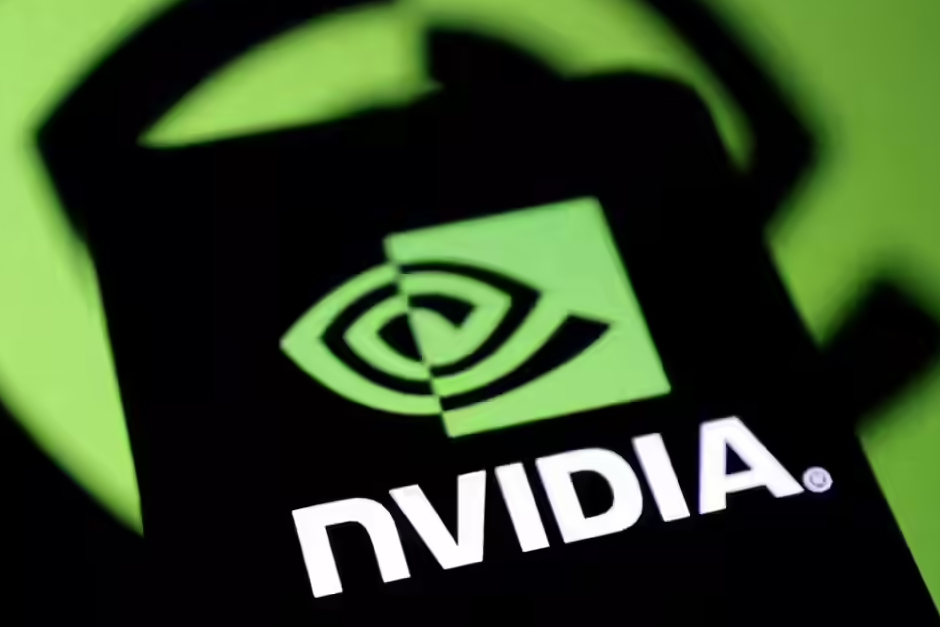Nvidia, a company long associated with high-performance graphics, has recently found itself at the epicenter of a technological earthquake: the artificial intelligence revolution. Its specialized AI chips are not merely components; they are increasingly seen as the foundational infrastructure powering the rapid advancements we observe across various AI applications. This pivotal role has translated into unprecedented financial results, with the company reporting record revenues and its stock experiencing significant upward momentum. Understanding this trajectory requires a closer look at the convergence of cutting-edge hardware and insatiable demand for AI capabilities.
The AI Revolution and Nvidia’s Core Role
At the heart of the current AI boom is the need for immense computational power, particularly for tasks like training complex neural networks and processing vast datasets. This is where Nvidia’s Graphics Processing Units (GPUs) enter the picture. Historically designed to render intricate visuals for gaming and professional design, GPUs excel at parallel processing – performing many calculations simultaneously. This architecture proved remarkably well-suited for the demands of deep learning, where algorithms process huge matrices of data in parallel.
Nvidia capitalized on this synergy early, developing software platforms like CUDA that made their GPUs accessible and efficient for AI developers. Over time, they have further specialized their hardware, creating specific AI accelerators tailored for data centers and large-scale machine learning operations. These aren’t just faster chips; they are entire ecosystems designed to accelerate AI workloads, making Nvidia an indispensable partner for anyone building or deploying AI.
As one developer noted, “Nvidia’s hardware has become the de facto standard for AI development. It’s not just about the raw power; it’s the comprehensive ecosystem – the software, the tools, the community support – that makes their solutions so critical for pushing the boundaries of what AI can do.” This sentiment underscores the breadth of Nvidia’s influence beyond just the silicon itself.
Unpacking the Revenue Surge and Market Impact
The financial figures recently reported by Nvidia vividly illustrate the surging demand for its AI infrastructure. The company has seen its revenue climb to record highs, predominantly driven by its data center division, which houses its AI chip sales. This growth is not merely incremental; it reflects a dramatic shift in spending by major technology firms, cloud service providers, and enterprises worldwide, all racing to integrate AI into their operations or offer AI-driven services.
The demand drivers are multifaceted. Hyperscale cloud providers require thousands of Nvidia GPUs to power their AI services, from generative AI models to complex data analytics. Enterprise customers are investing heavily to develop their own AI capabilities for everything from drug discovery to personalized customer experiences. This robust demand has created a supply-constrained environment for advanced AI chips, with Nvidia positioned as the primary beneficiary due to its technological lead and established market presence.
Concurrently, the company’s stock market performance has mirrored this operational success, experiencing significant appreciation. Investors appear to be factoring in not just the current profitability but also the anticipated long-term growth of the AI market, with Nvidia firmly established as a key enabler. This strong market confidence highlights the perception that Nvidia is not just riding an AI wave, but actively shaping its trajectory.
Conclusion
Nvidia’s current record revenue and soaring stock valuation are a clear indicator of its strategic positioning at the forefront of the artificial intelligence revolution. By consistently innovating in both hardware and software, the company has cultivated a critical role in providing the essential computational backbone for AI development and deployment. As AI continues its rapid expansion across industries and applications, Nvidia’s specialized chips are likely to remain a crucial component, underscoring the profound impact of foundational technology on global economic and technological landscapes.




